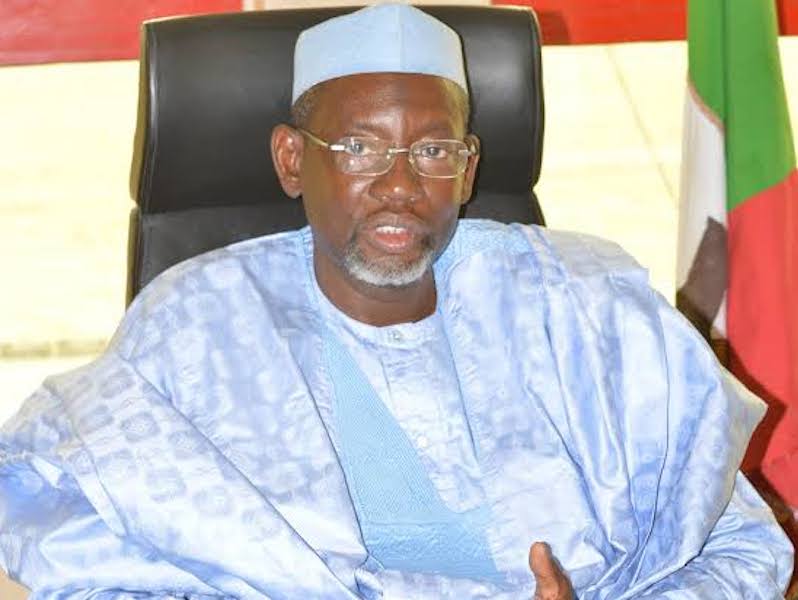By Philip Yatai
The Kaduna State Government with support from the United Nations Children’s Fund (UNICEF) is making progress in strengthening child protection systems in the state.
Dr Wilfred Mamah, the Child Protection Specialist, UNICEF Kaduna, stated this in an interview with the News Agency of Nigeria (NAN) in Kaduna on Sunday.
Mamah particularly said that a lot of progress had been recorded in the implementation of the Child Welfare and Protection Law, 2018.
According to him, the progress is being recorded because of the commitment of the state government and the political will of Gov. Nasir El-Rufai to promote the growth and development of children.
“We have established State and Local Government Child Protection Implementation Committees and the committee was helping significantly in the implementation of the law.
“We have also worked with the Chief Judge of the state to designate family courts, one at a High Court level and another at Magistrates’ Court level to handle children-related issues.
“Plan has been concluded to train judges on family court rules and other issues critical to adjudication on children matters,” he said.
He added that UNICEF was also supporting the state government to address issues of the most vulnerable children, like the Almajiri children roaming the streets.
Mamah explained that UNICEF has supported the state government to document them and develop a system that can support and address their plight.
“Like the Almajiris, most vulnerable children do not have a legal identity because their birth was not registered.
“So, we are working with the National Population Commission, National Orientation Agency, and Ministry of Human Services and Social Development to ensure that children are properly registered and given legal identity,” Mamah added.
The child protection specialist further said that the government in collaboration with UNICEF would soon launch a Diversion Programme, a community rehabilitation programme for children in contact with the law.
He explained that most children commit offences not because they want to, but because of the circumstances, poverty and neglect that they found themselves in.
Mamah said that sadly when children commit offences, they would be taken to prison because there were no correctional centres developed specifically for children.
“We do not want children to be taken to prison, so we have worked with the Ministry of Human Services and Social Development to set up the diversion programme.
“So that when children commit offences, instead of being taken to prison, they will be taken to the centre where they will be treated, counseled, reformed and reintegrated back into the society,” he said.
Mamah also said that the state government, with the support from UNICEF, had equally rolled out a safe school initiative to keep students safe in school.
He said that the interaction with the over 200 kidnapped students of Bethel High School, Kaduna, had helped the state to know how to safeguard children, counsel them, and bring them out of trauma and stigma. (NAN)



